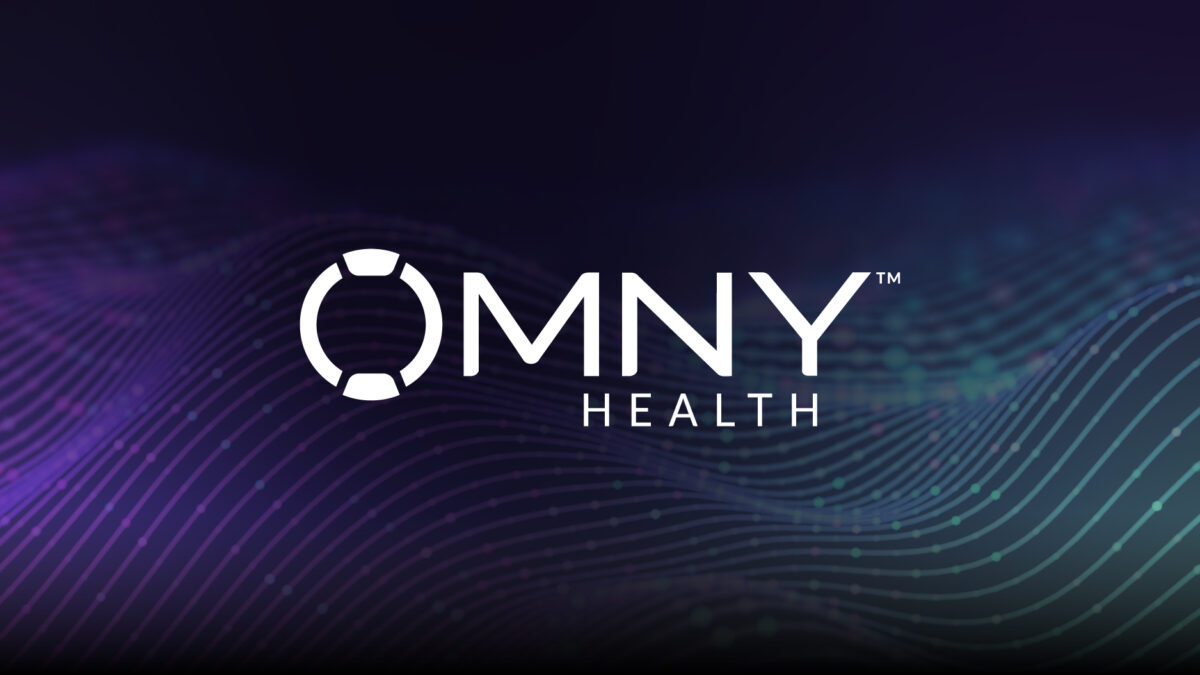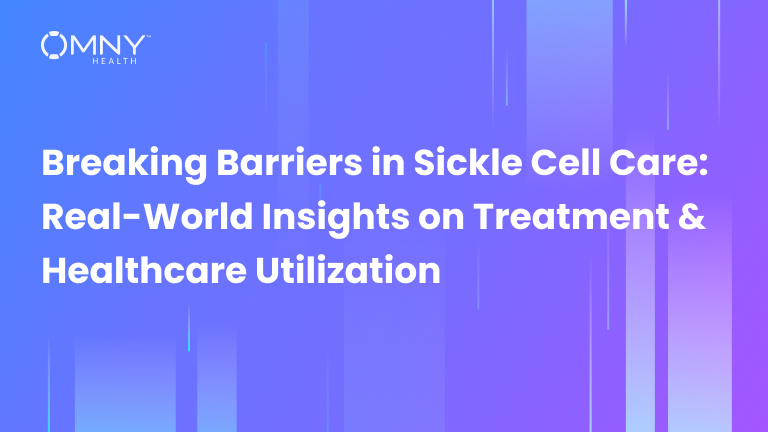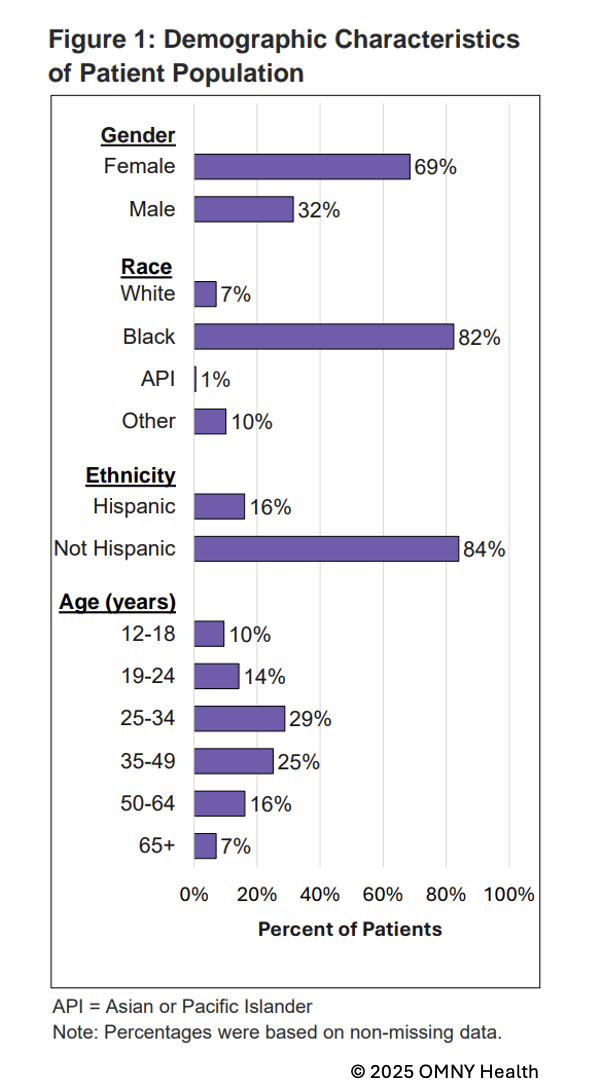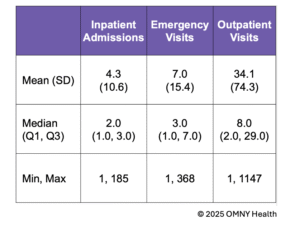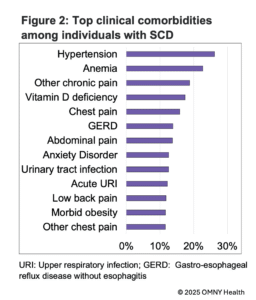We at OMNY Health are thrilled to announce that the OMNY Health Platform has successfully achieved HITRUST e1 Certification, a landmark achievement in our ongoing commitment to foundational cybersecurity controls and information risk management in healthcare.
HITRUST e1 Certification focuses on foundational cybersecurity and the most critical set of controls for essential cybersecurity hygiene. This certification demonstrates that OMNY’s Ecosystem Platform has a comprehensive set of rigorous controls and best practices in place for essential for cybersecurity hygiene and protecting sensitive information.
“The HITRUST e1 Validated Assessment is a good tool for cyber-aware organizations like OMNY HEALTH that want to build assurances and progressively demonstrate due diligence around information security and privacy,” said Robert Booker, Chief Strategy Officer at HITRUST. “We applaud OMNY HEALTH for their commitment to cybersecurity and successful completion of their HITRUST e1 Certification.”
Achieving HITRUST Certification is no small feat. It represents countless hours of hard work, meticulous attention to detail, and an unwavering commitment to excellence from our entire team. This certification validates our robust approach to data security and privacy, covering 19 domains of information security.
“The HITRUST e1Certification is more than just a badge of honor – it’s a rigorous, comprehensive validation of our security practices,” said Dr. Maik Lindner, OMNY’s Chief Information Security Officer. “This achievement demonstrates that we’ve implemented a robust set of controls that meet the unique challenges of protecting sensitive healthcare data. It’s a reflection of our proactive approach to security and our commitment to staying ahead of evolving cyber threats in the healthcare industry.”
For our health system partners, the HITRUST Certification of our platform offers several key benefits:
- Enhanced Trust: You can be confident that your data is protected by security measures that meet or exceed industry standards.
- Simplified Compliance: Our certification helps streamline your compliance efforts, particularly with regulations like HIPAA.
- Reduced Risk: With our certified security framework, the risk of data breaches and associated costs is significantly reduced.
- Improved Interoperability: Our certification enhances our ability to securely share and process data across the healthcare ecosystem.
“Achieving HITRUST certification is a testament to our unwavering commitment to data security and privacy in healthcare. This milestone reflects the dedication of our entire team and reinforces our position as a trusted partner in the healthcare data ecosystem. We’re proud to offer our health system partners the highest level of assurance in data protection, allowing them to focus on what matters most – improving patient outcomes,” said Dr. Mitesh Rao, CEO.
At OMNY, we view this certification not as a final destination, but as a milestone in our ongoing journey of excellence. We are committed to:
- Continuously improving our security measures
- Staying ahead of emerging threats in the digital healthcare landscape
- Providing our partners with the highest level of data protection
As we celebrate this achievement, we want to thank our dedicated team and our valued partners for their trust and support. We look forward to continuing our mission of advancing healthcare through secure, innovative data solutions.
